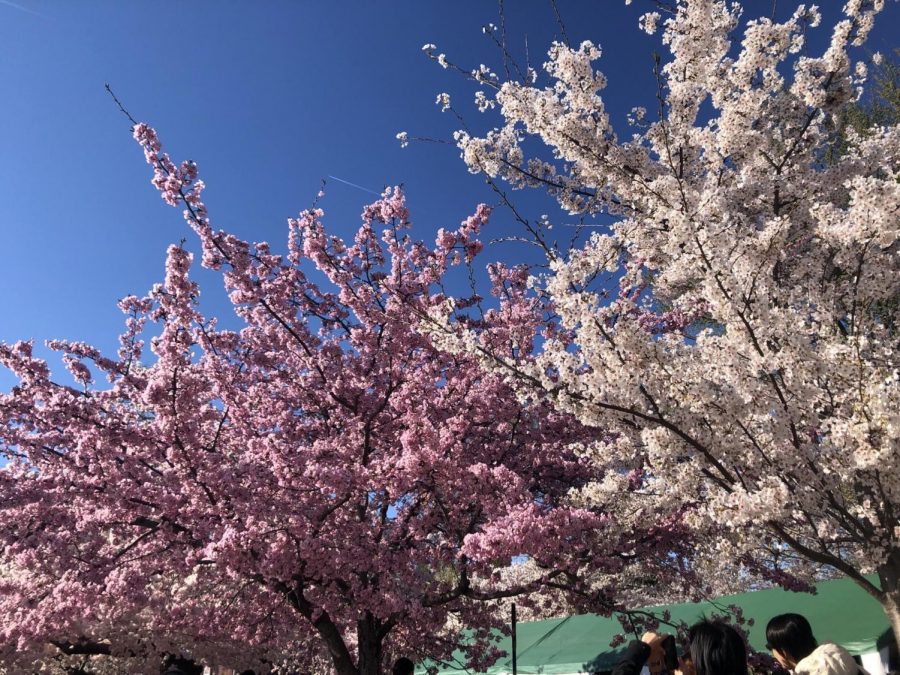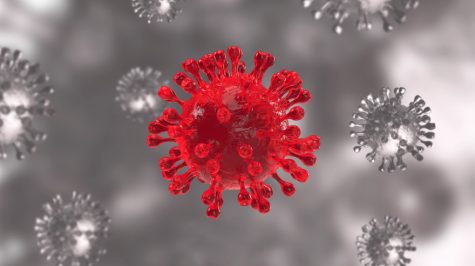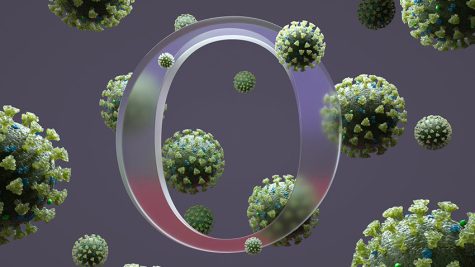The Unfortunate Return of Spring Allergies
May 6, 2019
Since spring started, many people have had to fight allergies.
50 million Americans suffer yearly from spring allergies. “My allergies always get worse in the Spring,” says freshman Ben Badillo.
Spring allergies are usually caused by the rise of pollen. Pollen is a fine powder produced by plants to fertilize other plants of the same species. The most common allergy stimulates are grass, trees, weeds, and flowers.An encounter with pollen may cause inflammation of the immune system.
Barret Butler, freshman, said, “I am mostly allergic to the pollen that comes from grass.” Severe allergies from grass is common in many people due to grass starting to grow and reproduce quicker than other plants when the temperature rises.
There are many treatments for allergies and their symptoms. Most are over-the-counter products. However, some stronger medications may have to be prescribed by a doctor. “I usually have to go to the doctor to get pills,” said Butler.
On the other hand, Jessica Brosius, freshman, takes an over-the-counter medication called Zyrtec. “It calms down my symptoms a bit but I still cannot breathe throughout the day.”
Allergists suggest making an appointment with a doctor to discuss which medication or alleviating prescription is best to use. Badillo says, “I usually see my doctor when I cannot handle my allergies anymore.”
This year, Spring came early due to an unexpected heat wave. Shortly after the heat wave arrived, plants began to pollinate. In 2019, Virginia is expected to have higher pollen levels than usual. Scientists predict that pollen levels will continue to worsen as the temperature rises.
Spring allergies tend to disturb daily tasks such as playing sports, sleeping, and eating. “I’m almost never able to sleep the entire night because my allergies keep me up,” says Brosius.
“Not being able to breathe while playing sports sucks,” says Badillo. Recently, a type of fast-action allergy inhaler was released to solve this issue in particular.
Sometimes, allergies cause a lot of coughing which may be a distraction in class. Brosius stated, “I start coughing really loud in class and nothing I do can stop it.”
There are several ways to help manage allergies. For starters, there are many allergy medications, such as Claritan. While some people argue that the medication leads to drowsiness, there are often non-drowsy alternatives that have caffeine to keep someone’s energy high. Before considering using any medication, though, it is important that someone checks with their doctor. In addition, there are a couple ways to alleviate symptoms. Badillo suggests wearing surgical masks, which are inexpensive and easy to find, because they work as an air filter, meaning the person wearing them breathes in less pollen or other pathogens, filtering out pollen.
“When I have really bad allergies, I take warm showers which help with congestion,” Butler added. A few other methods to manage allergies are by keeping windows closed, washing bed sheets once a week, and staying inside from 10 AM to 4 PM. The warmest hours of the day are typically when the air quality is the worst, because plants will pollinate more in order to reproduce.
Allergies can be challenging and aggravating, but dealing with them is not impossible. There are some remedies, both medicinal and habitual, that will make spring a little bit easier to manage.










